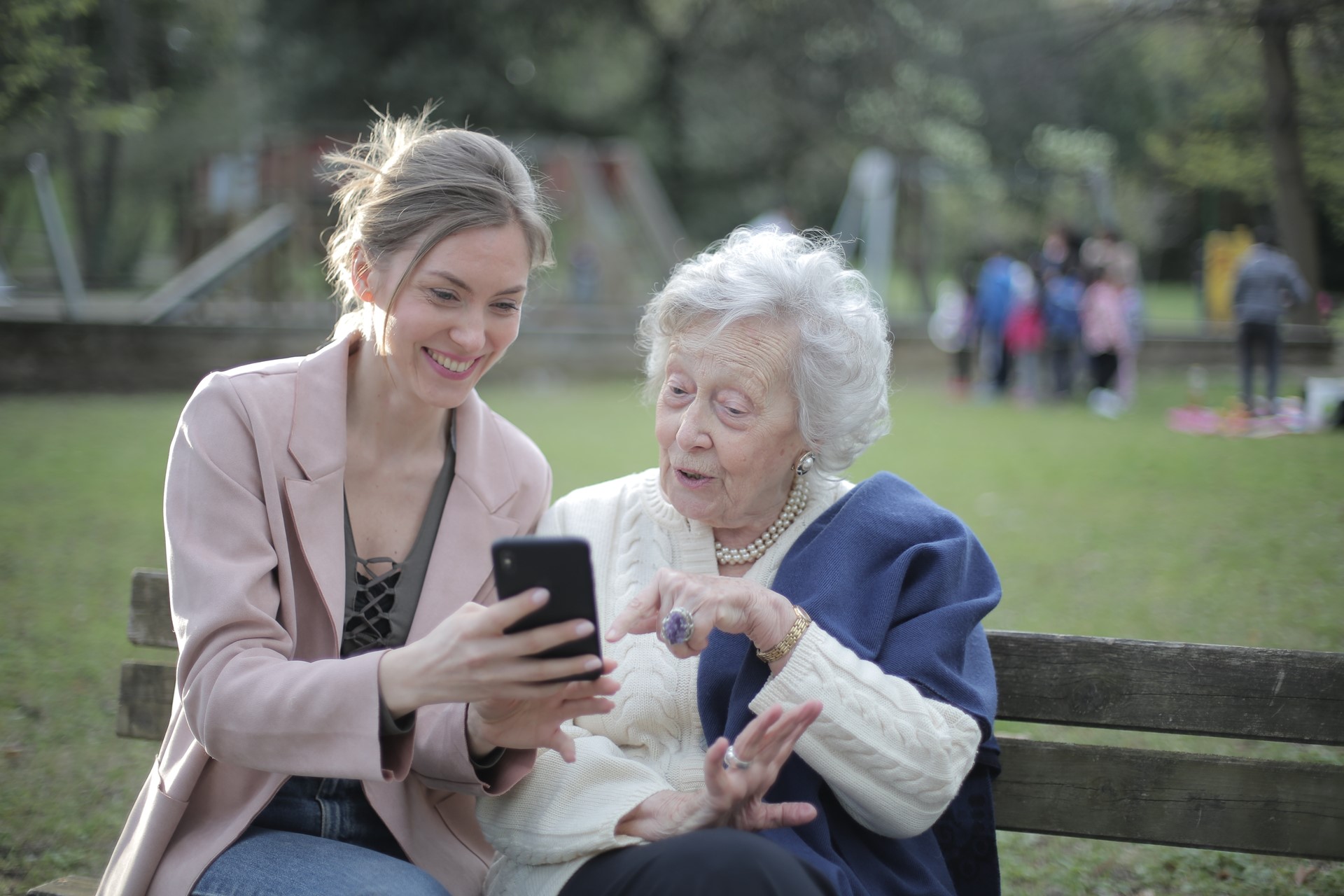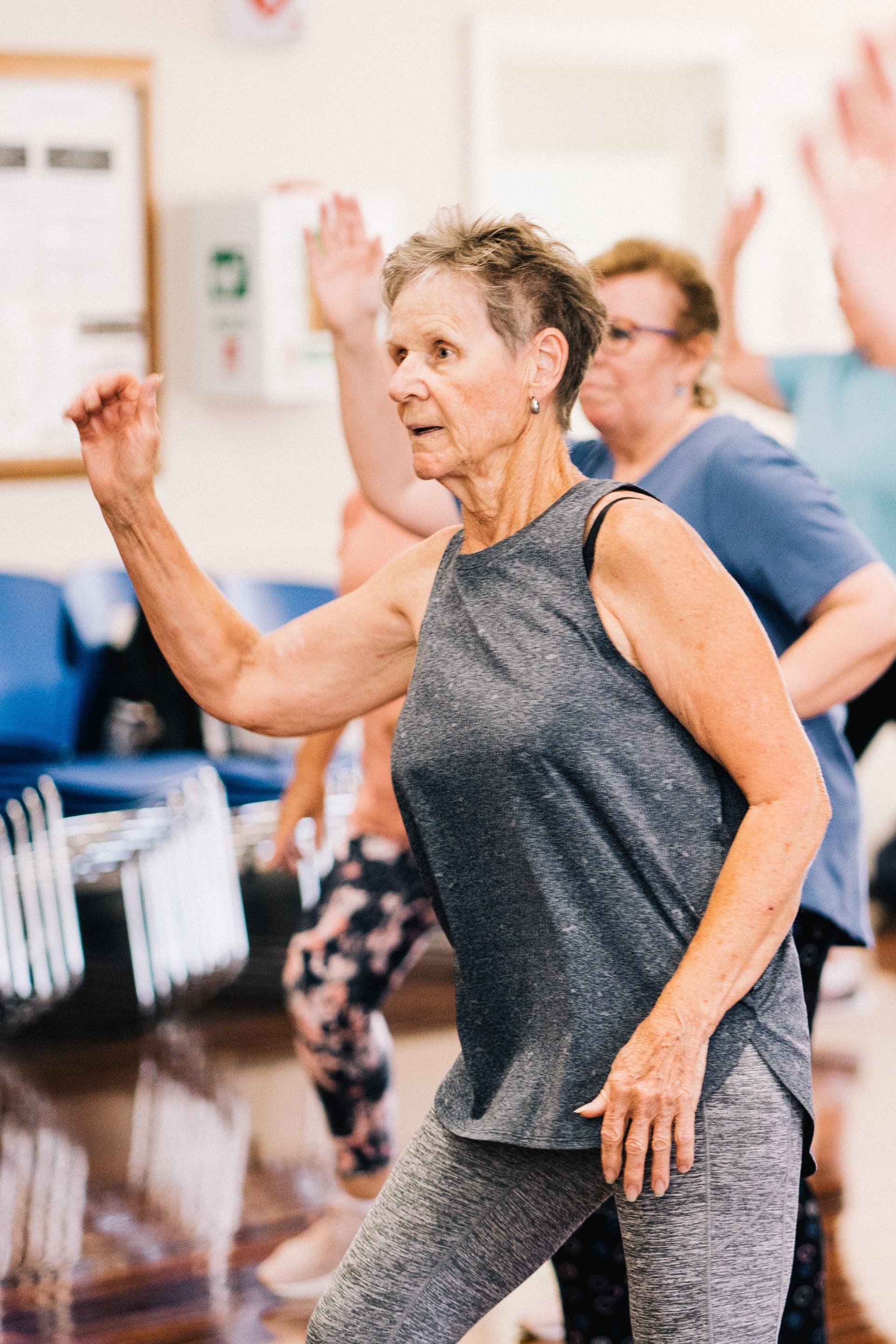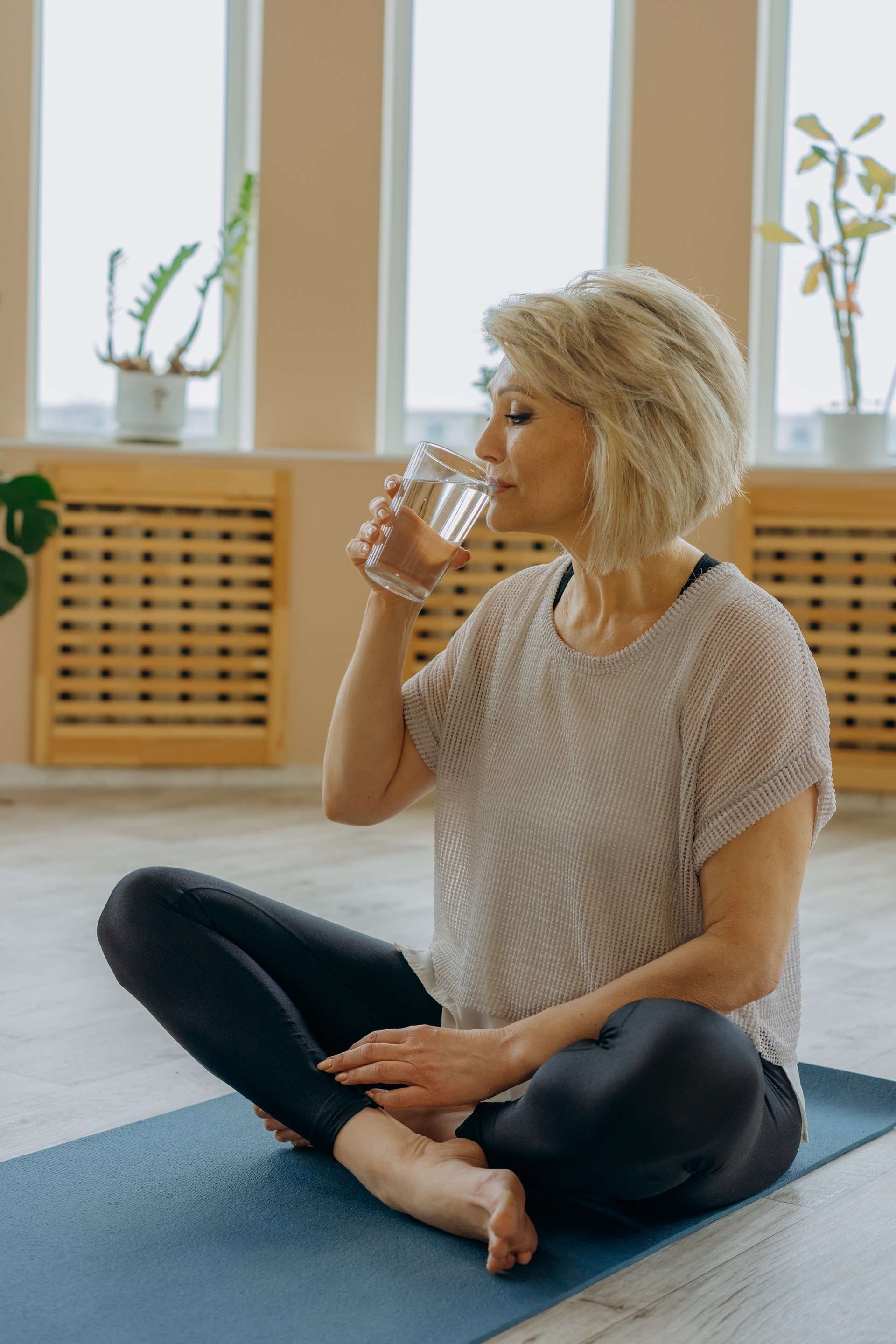
Preventing Falls in the Elderly: Key Strategies for Safety and Independence
Published: 07/07/2023
As we age, the risk of falls becomes a growing concern. According to the World Health Organisation, falls are the second leading cause of accidental or unintentional injury deaths worldwide. Fortunately, many falls can be prevented with the right knowledge and precautions. In this blog post, we will explore essential strategies to help elderly individuals reduce the risk of falling, maintain their independence, and enjoy a safe and active lifestyle.


- Regular Exercise:
Engaging in regular physical activity is crucial for maintaining strength, balance, and flexibility. Low-impact exercises such as walking, swimming, or tai chi can help improve muscle tone, coordination, and stability. Consult with a healthcare professional to design a personalised exercise plan that suits individual needs and abilities.
- Home Safety Assessment:
Conducting a comprehensive home safety assessment is essential to identify potential hazards that may lead to falls. Some key considerations include:
a) Removing Clutter: Clear pathways and remove any unnecessary objects, ensuring floors and stairs are free of obstacles.
b) Adequate Lighting: Install bright lighting, especially in high-risk areas such as hallways, staircases, and bathrooms. Nightlights can be helpful in reducing the risk of falls during nighttime.
c) Secure Handrails and Grab Bars: Install handrails on both sides of staircases and grab bars in bathrooms to provide stability and support.
d) Non-Slip Surfaces: Use non-slip mats or rugs with non-slip backing in bathrooms, kitchens, and any areas prone to moisture or spills.
e) Stair Safety: Ensure stairs are well-lit and have contrasting edges. Consider adding tactile strips or colour markings on the edges to help individuals with visual impairments.
- Medication Management:
Some medications can cause dizziness, drowsiness, or unsteadiness, increasing the risk of falls. Elderly individuals should regularly review their medication list with their healthcare provider to identify any potential side effects. It's important to follow the prescribed dosage and be aware of the possible interactions between different medications.
- Vision and Hearing Checks:
Impaired vision or hearing can contribute to balance issues and falls. Regular eye and hearing exams can detect any changes in sensory function and ensure appropriate corrective measures are taken, such as wearing glasses or using hearing aids. Keeping prescription lenses up to date and wearing appropriate footwear can also improve balance and reduce the risk of falls.
- Assistive Devices:
Depending on individual needs, using assistive devices can significantly enhance stability and reduce the likelihood of falling. Examples include:
a) Walking Aids: Canes, walkers, or rollators provide support and improve balance while walking. Choose the appropriate device based on individual requirements and ensure they are properly fitted.
b) Non-Slip Footwear: Wearing well-fitting, supportive shoes with non-slip soles can greatly reduce the risk of falls both indoors and outdoors.
c) Personal Alarms: Wearable or portable personal alarms can be useful for summoning help in case of a fall or emergency.

- Nutrition and Hydration:
A balanced diet is essential for maintaining overall health and muscle strength. Adequate hydration is also important to prevent dizziness and maintain cognitive function. Encourage the consumption of nutrient-rich foods, including fruits, vegetables, lean proteins, and whole grains. Consult a healthcare professional or a registered dietitian for personalised dietary recommendations.
- Regular Health Check-ups:
Scheduling regular check-ups with healthcare professionals is vital for early detection and management of any underlying medical conditions that may increase the risk of falls. Issues like arthritis, osteoporosis, cardiovascular problems, and neurological disorders can impact balance and mobility.
Falls among the elderly can have severe consequences, but many of them can be prevented through proactive measures.
